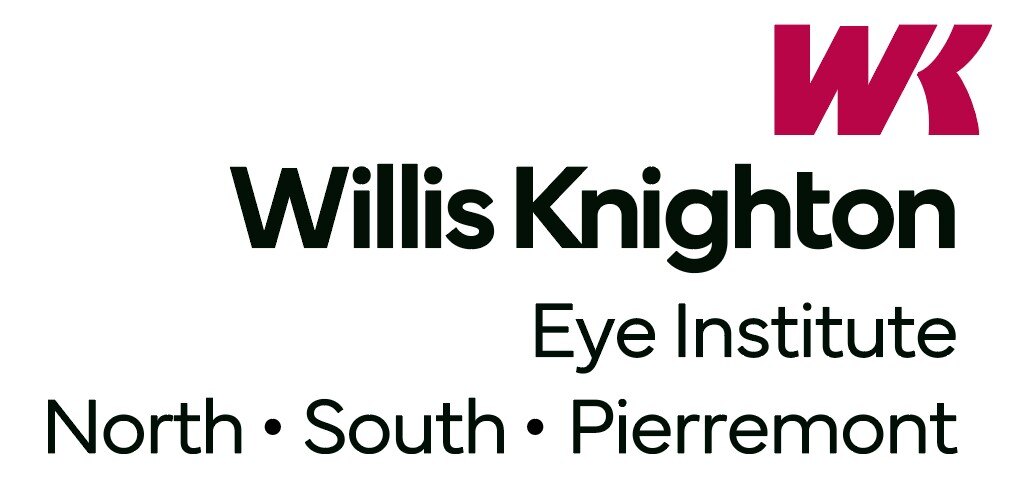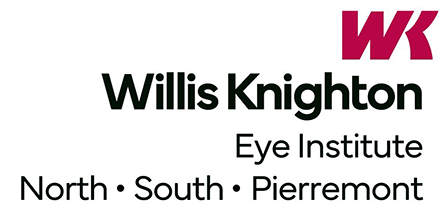How do you choose between glasses, contacts, and LASIK for vision correction? Each option offers distinct advantages and challenges, making the decision complex. This article will compare the effectiveness, cost, and convenience of these vision correction methods to help you make an informed choice. Let’s examine some of the factors that could influence your decision.
Glasses vs. Contacts vs. LASIK: Effectiveness and Quality of Vision
Glasses provide immediate improvement in visual acuity. They correct refractive errors like myopia, hyperopia, and astigmatism. However, they can distort peripheral vision and may be inconvenient during physical activities. Contacts offer a wider field of vision and are less obtrusive. They sit directly on the eye, providing more natural vision correction. Yet, they require meticulous hygiene and can cause dryness or irritation.

LASIK surgery offers a permanent solution. It reshapes the cornea to correct refractive errors, often resulting in 20/20 vision or better. The procedure is quick, with minimal recovery time. However, not everyone is a candidate. Factors like corneal thickness and overall eye health play a role. Additionally, some patients may experience side effects like dry eyes or glare.
Glasses vs. Contacts: Cost Comparison Over Time
Glasses are often the most affordable option initially. A basic pair can cost between $100 and $400, depending on the frames and lenses. However, regular updates due to prescription changes or wear and tear can add up over time. Insurance may cover part of the cost, but out-of-pocket expenses are common.
Contacts have a higher recurring cost. Monthly lenses can range from $200 to $500 annually, excluding solutions and cases. Daily disposables are more convenient but can cost up to $700 per year. Insurance may cover some expenses, but many plans have limits on contact lens benefits.
LASIK surgery has a significant upfront cost, $3,000 per eye. However, it eliminates the need for ongoing purchases of glasses or contacts. Financing options are often available to spread out the cost.
Contacts vs. LASIK vs. Glasses: Which Is Most Convenient?
Glasses are easy to use and require minimal maintenance. Simply put them on and go about your day. While convenient, glasses can be cumbersome during physical activities and may fog up in humid conditions. Cleaning is straightforward, but scratches on lenses can be a nuisance.
Contacts offer more freedom for active lifestyles. They don’t obstruct your face and provide a wider field of vision. However, they require daily cleaning and proper storage. Mismanagement can lead to eye infections or discomfort. Traveling with contacts also means carrying solutions and spare lenses.
When it comes to vision correction, LASIK surgery offers the ultimate convenience. Once the procedure is done, there’s no need for daily maintenance. You wake up with clear vision every day. This is ideal for those with busy or active lifestyles. However, the initial recovery period requires some care, such as avoiding water activities and using prescribed eye drops.
Contacts vs. LASIK: Health Risks and Safety Considerations
Glasses pose minimal health risks. They do not touch the eyes, reducing the chance of infections. However, they can cause discomfort on the nose and ears with prolonged use. Some users may experience headaches due to incorrect prescriptions or lens distortions.
Contacts carry a higher risk of eye infections. Improper hygiene or extended wear can lead to serious conditions like keratitis. Dry eyes and irritation are common side effects. However, modern lenses are designed to maximize oxygen flow, reducing some risks. Regular check-ups are essential to monitor eye health.
LASIK surgery offers long-term benefits but comes with potential risks. The procedure can cause dry eyes, glare, or halos around lights. Most side effects are temporary, but some may persist. The surgery is generally safe, with a high success rate. However, not everyone is a suitable candidate. A thorough pre-surgery evaluation is crucial to minimize risks.
Glasses vs. Contacts vs. LASIK: Choosing the Best Vision Correction Option for You
Choosing between glasses, contacts, and LASIK surgery depends on various factors. Glasses offer simplicity and minimal health risks but can be inconvenient for active lifestyles. Contacts provide a wider field of vision and more freedom but require diligent care and carry higher infection risks. LASIK surgery offers long-term convenience and excellent vision correction but involves upfront costs and potential side effects. Personalized decision-making is crucial. Consult with an eye care professional to determine the best option for your needs. For more information and to schedule a consultation, visit The Cataract Surgeons.



